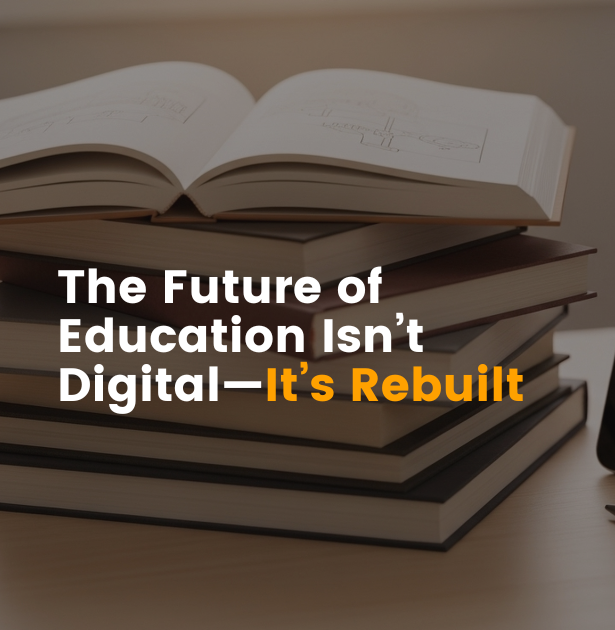
Oct 24, 2022 at 00:00
How will the world of work look in 2030? - Business Leader News
A click of the mouse, a few key taps, and you'll enjoy free, unlimited access to our website.
Get Started

Publish your post on the GeniusU platform and share it with the community
Add Article


Suki Singh







Leave a Reply